1. What are your three biggest issues facing St. Paul in the coming years and what are your plans to address them?
The main challenges to progress in our city are: safe communities, a vibrant economy, and affordable housing.
First, funding has not kept up with ballooning non-emergency calls, putting all of our safety at risk. Second, development has stalled — at the former Ford site, Midway, and downtown. Major retailers, such as grocery stores, are leaving our neighborhoods, leaving them without the resources they need to thrive. Closing businesses stretch our tax base thin, putting the burden on residents. Third, housing is too expensive and inaccessible for residents. We need abundant public housing, affordable housing, and market-rate units to ease this shortage. We must collaborate with residents, community organizations, local unions, developers, and the state to help Saint Paul’s economy thrive.
2. St. Paul residents currently face the highest effective tax rate in the state, one that has the potential to increase again significantly in 2026 with proposed county and city property tax increases and a school district levy on this year’s ballot. What are your plans to address the growing financial pressures on St. Paul’s residents while still providing the services expected of city government?
The most effective way we can bring costs down for our residents is to build more housing and expand our tax base. For too long, our city has been an unwelcoming environment for people who want to build housing or open businesses here. Our policies and permits make it challenging to initiate projects. As mayor, it is my responsibility to attract new investors and demonstrate that we are a place they want to build. Creative business recruitment is simply not happening, and too many businesses are choosing to move to the suburbs or Minneapolis when we have world-class workforce talent pipelines from numerous higher education institutions.
Our current tax base issue, which is pricing many people out of the homes they’ve owned for decades, is a direct result of our city’s failure to expand its tax base over the last few years. This couldn’t have happened at a worse time, with political instability and funding cuts from Washington, and as our EMS services are experiencing double the number of runs they did last year. Core city functions are at risk.
3. While perceptions of crime in St. Paul may not match reality, with crime rates, especially rates of violent crimes, continuing to fall, our city still has rates close to double that of the rest of the state. How do you plan to address public safety concerns, both those perceived and what is happening in reality, in the city?
It is essential that when examining public safety, we look beyond our violent crime statistics and focus on the impact it has on the residents of our city. Public safety means providing a safe place for our kids to be able to go to the library or after-school activities without fear of them being shut down early because of mental health and drug use crises in front of the doors. It means safe streets for people to bike on without fearing an accident. It means being able to take public transit without an adverse experience. Everyone deserves to feel secure in their community, and our city must be under control for us to continue being a welcoming environment for people to live, work, and visit.
As mayor, I will use my connections with the City Council, the County Commission, and the State Legislature to strengthen programs and secure funding for those experiencing homelessness, living with untreated mental health challenges, and working through substance use disorder. This looks like leading with other Ramsey County mayors to open more shelter beds across the county and delivering Suboxone to our firefighters so they can interrupt the addiction cycle.
4. Downtown St. Paul has long been struggling and, in the past few years, has faced multiple buildings being condemned and changing hands in foreclosure. What are your plans to stabilize downtown St. Paul in order to revitalize what is an important economic engine for St. Paul?
There has been significant discussion about revitalizing downtown. A review to identify buildings for renovation/demolition has already been completed, and I would leverage that plan.
Moving forward in our downtown means accepting that the downtown we knew five years ago won’t be coming back. We need to reimagine what the space looks like for the next generation to use and enjoy. Not every building is suitable for conversion from commercial to residential use. That may mean changing how our skyline looks to make way for more development.
As mayor, I would take the lead on recruiting businesses by collaborating with the chambers, Visit StP, Greater MSP, and the Department of Commerce.
I will work with arts, cultural, and entertainment organizations to incorporate their ideas, and I will partner with researchers to identify the habits of the next generation, building the type of community they want to live in. To support this work, I propose establishing an urban wealth fund. Similar investment tools have succeeded in Copenhagen and Singapore. We must demonstrate to investors that downtown is worth their attention.
5. On August 27, tragedy struck Annunciation Catholic School in Minneapolis where two children were killed and 17 others were injured by a mass shooter. How do you view the City’s role in reducing gun violence and what measures can the City take to curb future mass shootings?
Gun violence is incredibly personal to me. Over the summer, I lost my close friend and colleague, Melissa Hortman, to gun violence. My heart breaks for the violence that took place at Annunciation Catholic School in Minneapolis, and we must strive to prevent it from happening again.
One of the biggest challenges the city faces in setting its own ordinances is a state-level preemption that prevents us from making changes to our charter to stop the sale of high-caliber assault rifles that are often used in these crimes. As a legislator, I secured millions for a youth-centric, violence interruption center within Ramsey County that can break cycles of violence and work with youth across our community. I will work with the legislature to find a path forward where Saint Paul can protect all of our residents, including our kids, from experiencing gun violence — especially in their places of learning.
Visit communityreporter.org/2025election to find each candidate’s response to the full questionnaire, information on how and where to vote, what else is on the ballot and more.
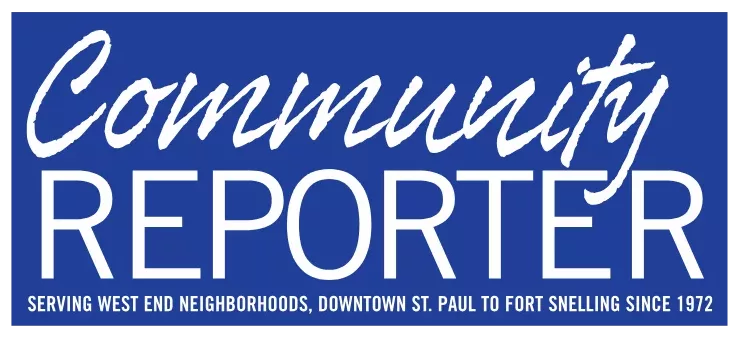
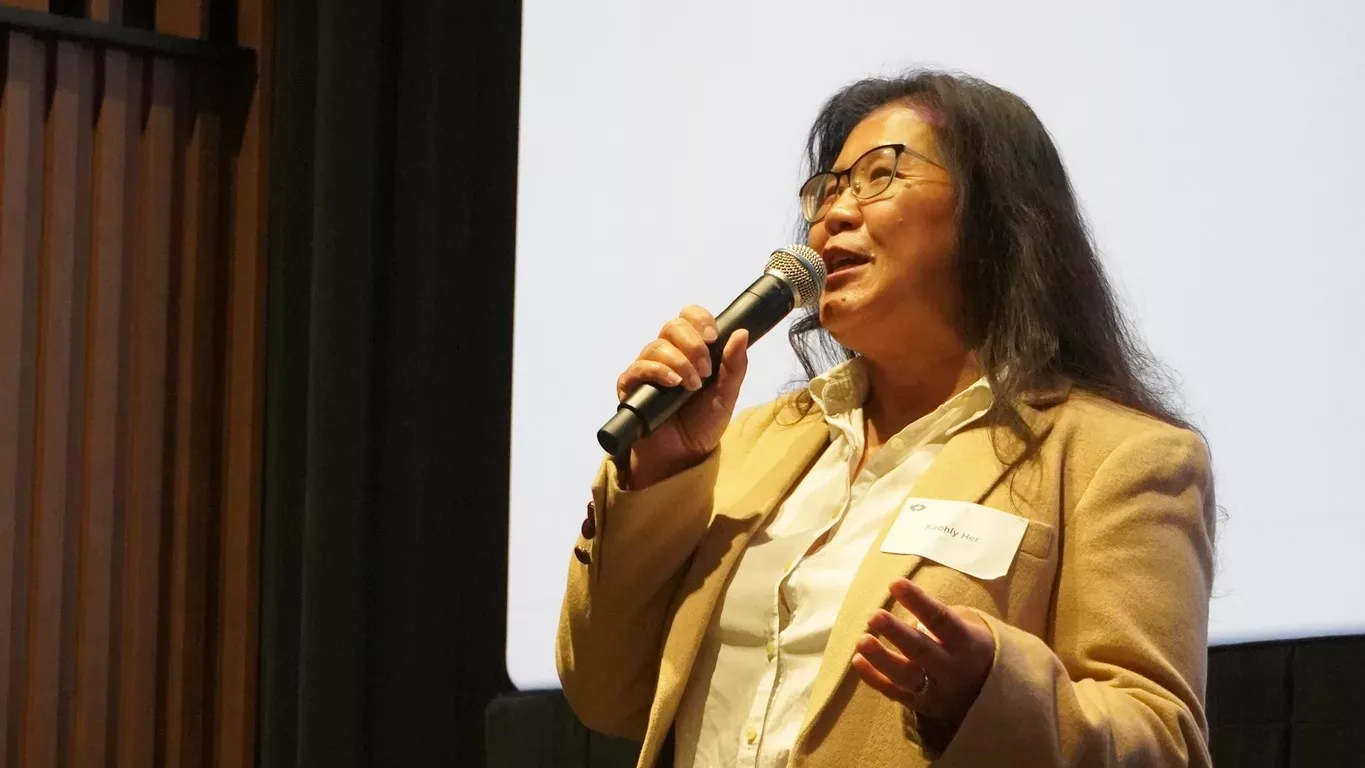
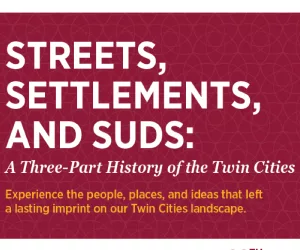

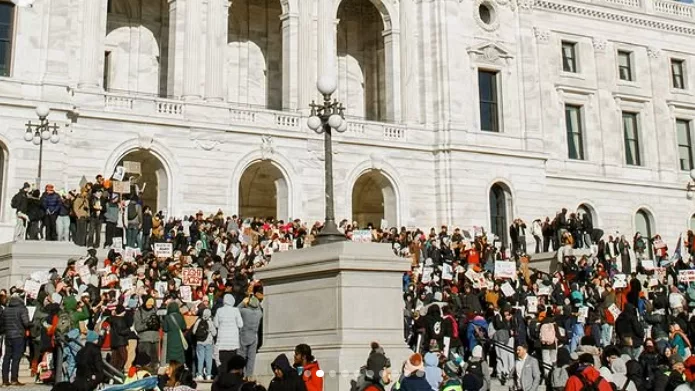
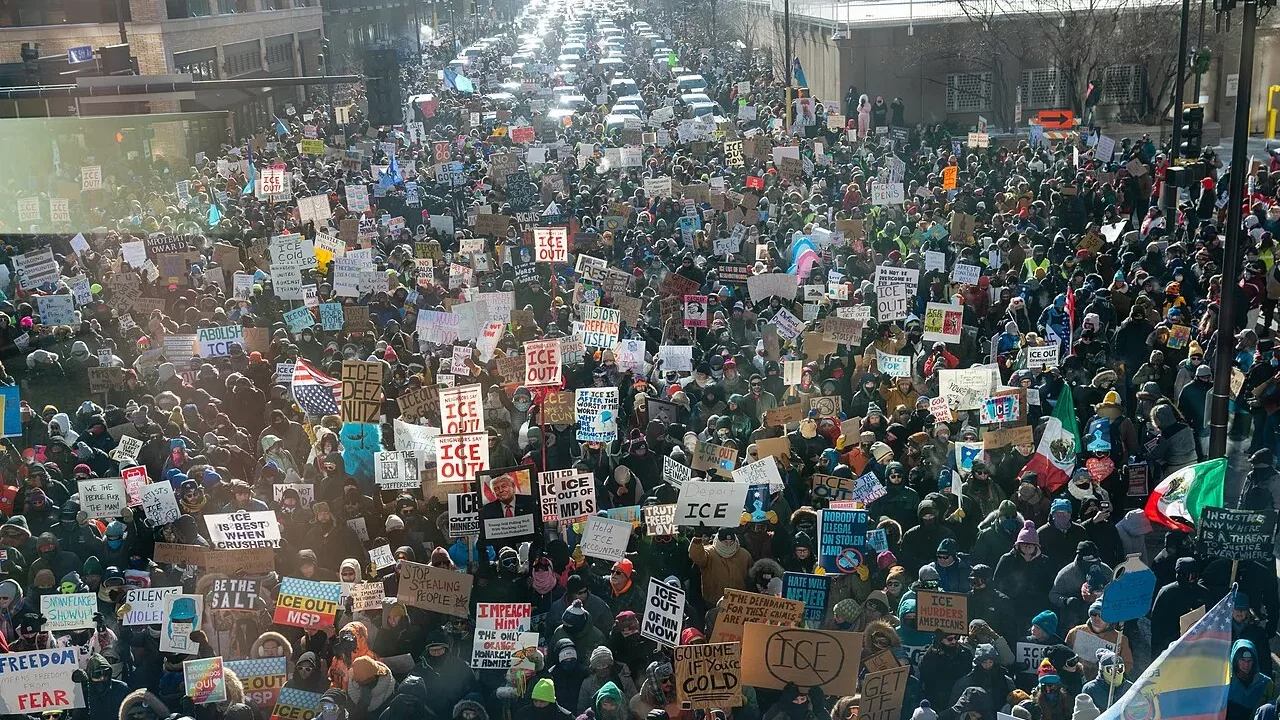

Leave a Reply